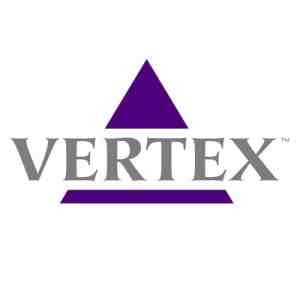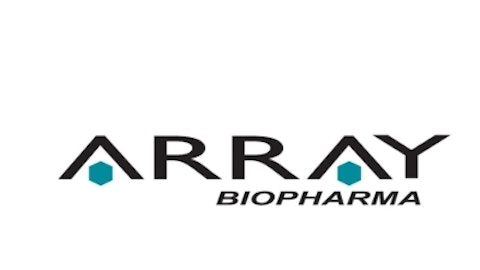Cystic fibrosis (CF), a genetic disorder that affects the lungs, the pancreas, liver, and intestine, is the second most common inherited disorder in the United States, after sickle cell anemia. More than 30,000 Americans are currently diagnosed with CF, and an average of 1,000 new cases surface annually. One in 3,700 births is believed to have the defective CF gene, and it is estimated that more than 10 million Americans are carriers.
Since CF primarily affects the lungs first, it is usually treated through antibiotics, anti-inflammatory medicines, bronchodilators and mucus-thinning medicines. Oxygen treatment and chest physical therapy (CPT) are also common treatments. However, there is no cure for the disorder.
4% is better than nothing

However, 4% is certainly a major improvement from zero, and further research from combining Kalydeco with other drugs could increase that percentage to 30%, according to the company. Due to the rarity of the mutation that Kalydeco targets, however, the drug is priced at $307,000 per year, making it one of the most expensive drugs on the market today.
In April, Vertex Pharmaceuticals Incorporated (NASDAQ:VRTX) announced that a Phase II study of its cystic fibrosis treatment VX-661 (which can be taken alone or with Kalydeco) showed statistically significant improvements in the lung function of adults afflicted with the most common mutation of the CF gene, supporting the theory that its CF treatments could soon reach well beyond the 4% of CF patients that can be treated only by Kalydeco. That statement sent shares surging 55% on April 19, and the stock hasn’t looked back since.
Kalydeco opens up a new pipeline as an old one dries up
Prior to Kalydeco’s approval, Vertex Pharmaceuticals Incorporated (NASDAQ:VRTX) relied heavily on its hepatitis C (HCV) treatment, Incivek. Although Incivek was once Vertex Pharmaceuticals Incorporated (NASDAQ:VRTX)’s blockbuster HCV treatment, generating $1 billion in annual sales after its approval in May 2011, more advanced treatments such as Gilead Sciences, Inc. (NASDAQ:GILD)’ sofosbuvir and ledipasvir (currently entering Phase III trials) now threaten to completely replace it. Although both Incivek and Gilead Sciences, Inc. (NASDAQ:GILD)’s treatments are orally administered, Incivek contains peginterferon alfa, which causes the flu-like symptoms that Gilead treatments are designed to avoid.
In an attempt to compete with Gilead and another major competitor, AbbVie, Vertex Pharmaceuticals Incorporated (NASDAQ:VRTX) attempted to produce an experimental oral hepatitis drug, VX-135, which was placed under a partial clinical hold by the FDA during its Phase II study, which revealed the potential risk for liver damage.
However, there is still hope for Vertex’s HCV treatments. In April, the company signed a nonexclusive agreement with Bristol Myers Squibb Co. (NYSE:BMY) to conduct mid-stage studies for new hepatitis C treatments. This is Bristol Myers Squibb Co. (NYSE:BMY)’s attempt to get back in the HCV race, after a promising study of an experimental HCV drug was halted last August after serious safety concerns arose.
Vertex also signed similar HCV partnerships with Johnson & Johnson (NYSE:JNJ) and GlaxoSmithKline last November to develop orally-administered HCV combo treatments.
Second quarter earnings and outlook
For its second quarter, Vertex reported a net loss of $0.26 per share, or $57.2 million, a slight improvement from the loss of $0.31 per share, or $65 million, it reported in the prior year quarter. Revenue declined 25.7% year-on-year to $310.8 million. Although Vertex’s growth was mediocre, it still topped the consensus estimate on both the top and bottom lines.




